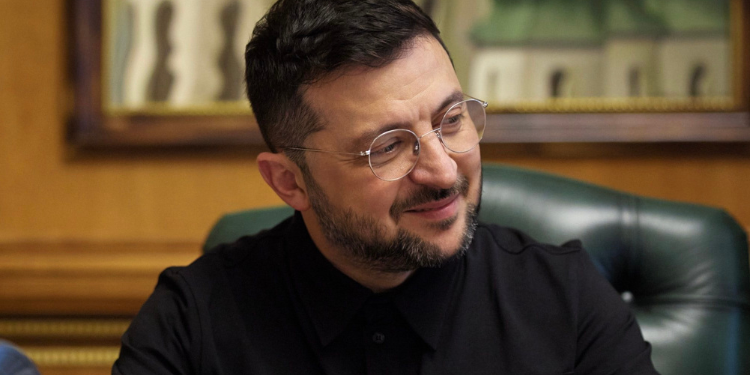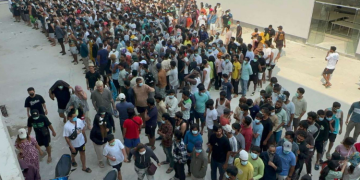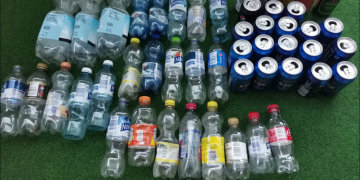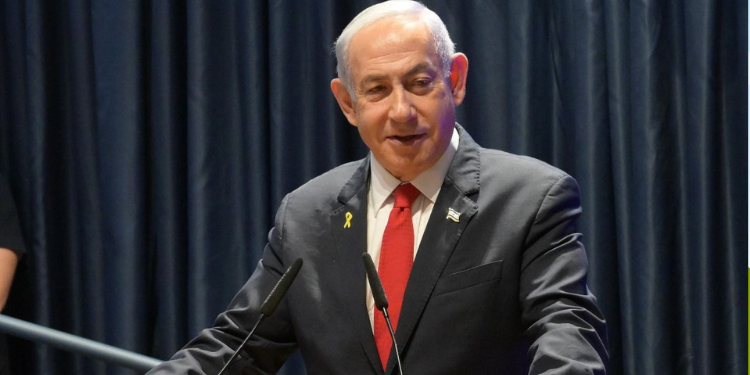On August 29, 2025, the Israeli military announced that Gaza City was now a “dangerous combat zone.” With that, the daily humanitarian pause—10 a.m. to 8 p.m.—was canceled. The army said it was acting on a situational assessment and political orders. Close to a million people remain trapped inside.
Famine Is Here
The Integrated Food Security Phase Classification (IPC) has declared famine in Gaza. Its assessment pointed to collapsed food production, mass displacement, and fighting that blocks supplies.
World Food Programme director Cindy McCain, after a visit to Gaza, said women and children are already starving. She called on Israel to allow more trucks in.
According to UN data, nearly all households in Gaza are skipping meals, eating less, or surviving on unsafe food. Humanitarian officials warn that without consistent access, the rate of famine-related deaths will rise quickly.
Aid convoys that did reach the north earlier this month reported finding families with no access to bread, flour, or clean drinking water.
IDF Declares Gaza City a ‘Dangerous Combat Zone
Israel describes Gaza City as a Hamas stronghold, filled with tunnels and fighters. That’s why the army says operations cannot stop.
Aid agencies warn the opposite. Without those pauses, convoys carrying food, water, and medicine have no way through. The UN has already cautioned that Gaza’s health system could lose half of its remaining hospital capacity if fighting continues at the current pace.
Health officials say that most hospitals are currently operating without electricity, except for small generators, which often fail due to fuel shortages.
Surgical procedures are being carried out without anesthesia in some facilities, while neonatal wards report a shortage of incubators. The WHO has said medical evacuations are “virtually impossible” under current conditions.
Also Read: Gaza: Civilian Death Toll Outpaces Other Modern Wars
Displacement to Mawasi
Civilians are being told to move south. Mawasi is where they’re sent. Aid workers describe it as overcrowded, mostly tents, short of clean water, and without real infrastructure. Families that have fled many times before say there’s nowhere left to go. The camp is already beyond its limits.
The UN Relief and Works Agency (UNRWA) has estimated that more than 400,000 displaced people are concentrated in Mawasi and its surrounding areas, far exceeding the available space and resources.
International monitors describe the settlement as “barely functioning,” with latrines overflowing and little access to safe shelter.
World Reaction
The international response came fast. UN Secretary-General António Guterres called the situation a “catastrophic humanitarian crisis” and warned that further escalation would make civilian suffering worse.
Over 500 UN staff have also signed an appeal urging the High Commissioner for Human Rights to classify Israel’s actions as genocide. They argued the UN’s credibility is at stake if it fails to act.
Regional governments have echoed concerns. Egypt has warned that a collapse in Gaza will drive further displacement toward its borders. Jordan has criticized the decision to suspend aid access, calling it unsustainable. Humanitarian groups say that without outside pressure, aid routes will remain blocked.
Death Toll Rising
On August 28, the day before the pause ended, Israeli airstrikes killed at least 16 people in Gaza City, according to the local health ministry. Aid groups also say more than 300 people have died of starvation since the conflict began.
The broader toll is staggering: Gaza’s health authorities report over 60,000 deaths since the conflict began, the majority women and children. International monitors note that the true number may be higher, given the collapse of record-keeping in parts of the territory.
A Breaking Point
The end of the pauses is more than a military move. It cuts one of the last lines of aid. With famine already declared, hospitals under strain, and convoys blocked, Gaza City is being pushed deeper into collapse.
Humanitarian agencies warn that unless access is restored, the next weeks could bring a sharp rise in deaths from both bombing and starvation.
Follow our WhatsApp Channel and X Account for real-time news updates.










































































